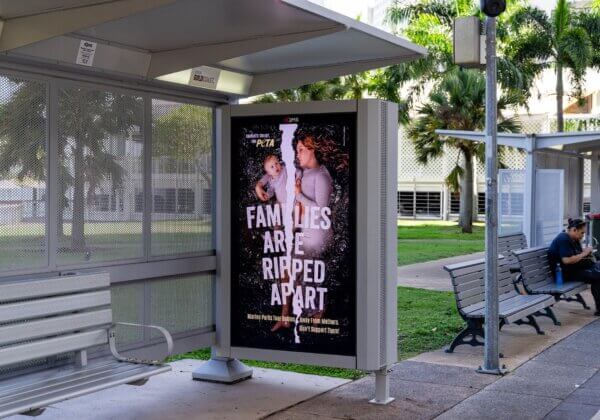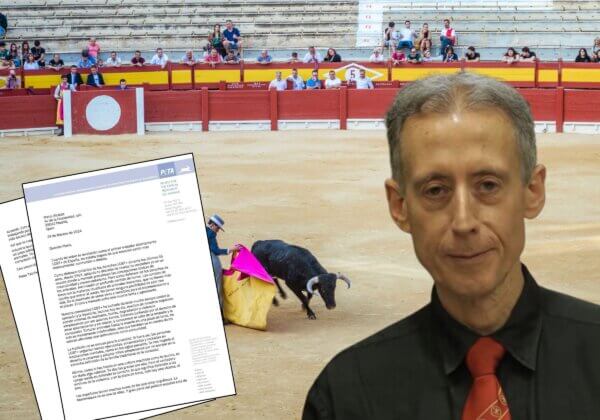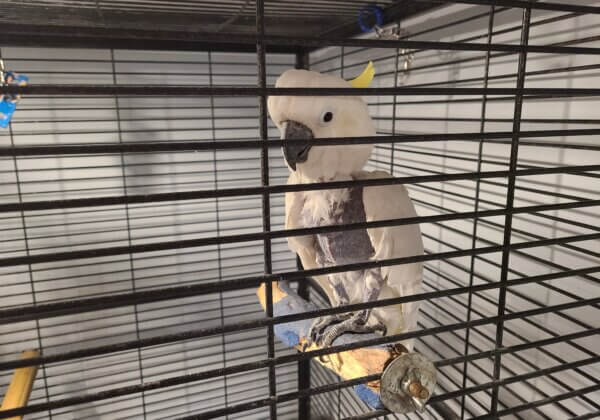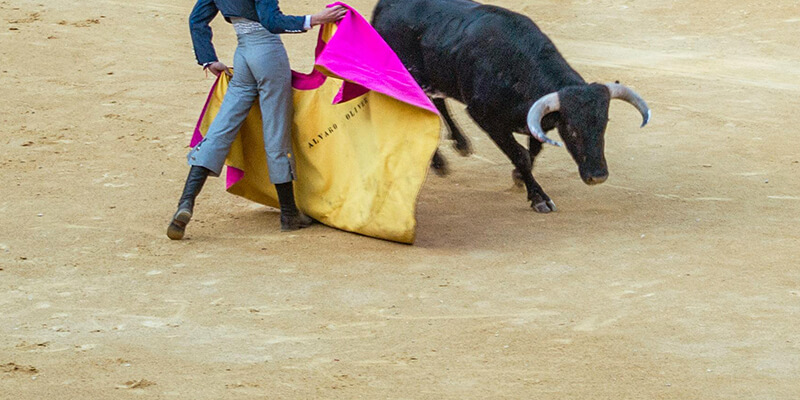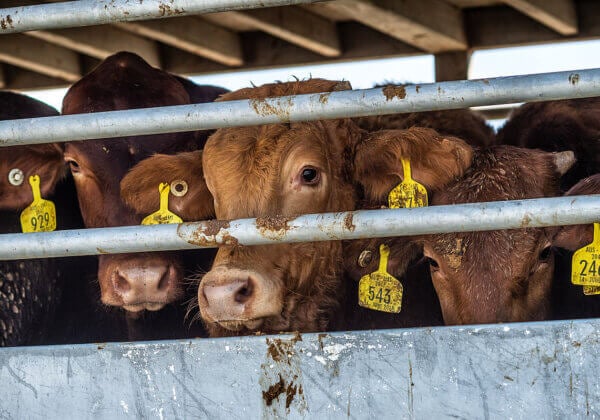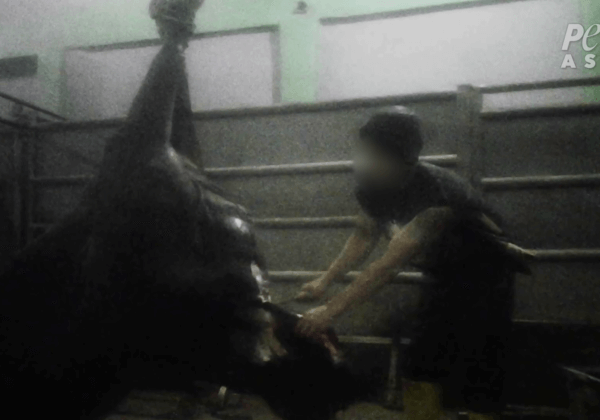Failed Racehorses Are ‘Wastage’
 The recent report on the horse-racing industry on ABC’s Four Corners brought the plight of thousands of horses used for racing into the public eye. The disturbing video footage from the Coalition for the Protection of Racehorses shows horses discarded by the racing industry who were shot in front of other distressed animals.
The recent report on the horse-racing industry on ABC’s Four Corners brought the plight of thousands of horses used for racing into the public eye. The disturbing video footage from the Coalition for the Protection of Racehorses shows horses discarded by the racing industry who were shot in front of other distressed animals.
Horses discarded by the racing industry are known as “wastage”. Every year, as many as 10,000 horses bred for racing are slaughtered, and the majority will be used for pet food. One RSPCA commissioned report found that only 300 out of every 1000 thoroughbred foals bred every year are ever raced, with many of those who don’t make the cut sent to slaughter.
Those who do make the cut are no better off. Since horses begin stressful training and racing when their skeletal systems are still growing, many sustain muscle and joint injuries, fractures, internal bleeding, musculoskeletal trauma, and ruptured ligaments. Approximately 90 per cent of horses used in the racing industry suffer from exercise-induced pulmonary haemorrhage, a condition that can leave blood flowing from their nostrils after a race.
Life off the track is no better. Horses spend up to 22 hours per day in cramped, hot stables so that they can spend just a few minutes racing. This can lead to stress-induced behaviours, such as walking in circles, sucking wind, crib-biting, and repetitive head swaying.
Nearly all horses who do race disappear from the track in less than three years. By age 3 – when they are still physically immature – most horses have seen their last race. When horses become injured or suffer from chronic diseases, they aren’t “retired” to green pastures and loving homes. Many of them will be sent to the same knackeries that slaughtered the horses who didn’t make the cut to begin with.
Speak up for horses used in racing today by contacting your local racing minister to demand action.
Posted by Claire Fryer

